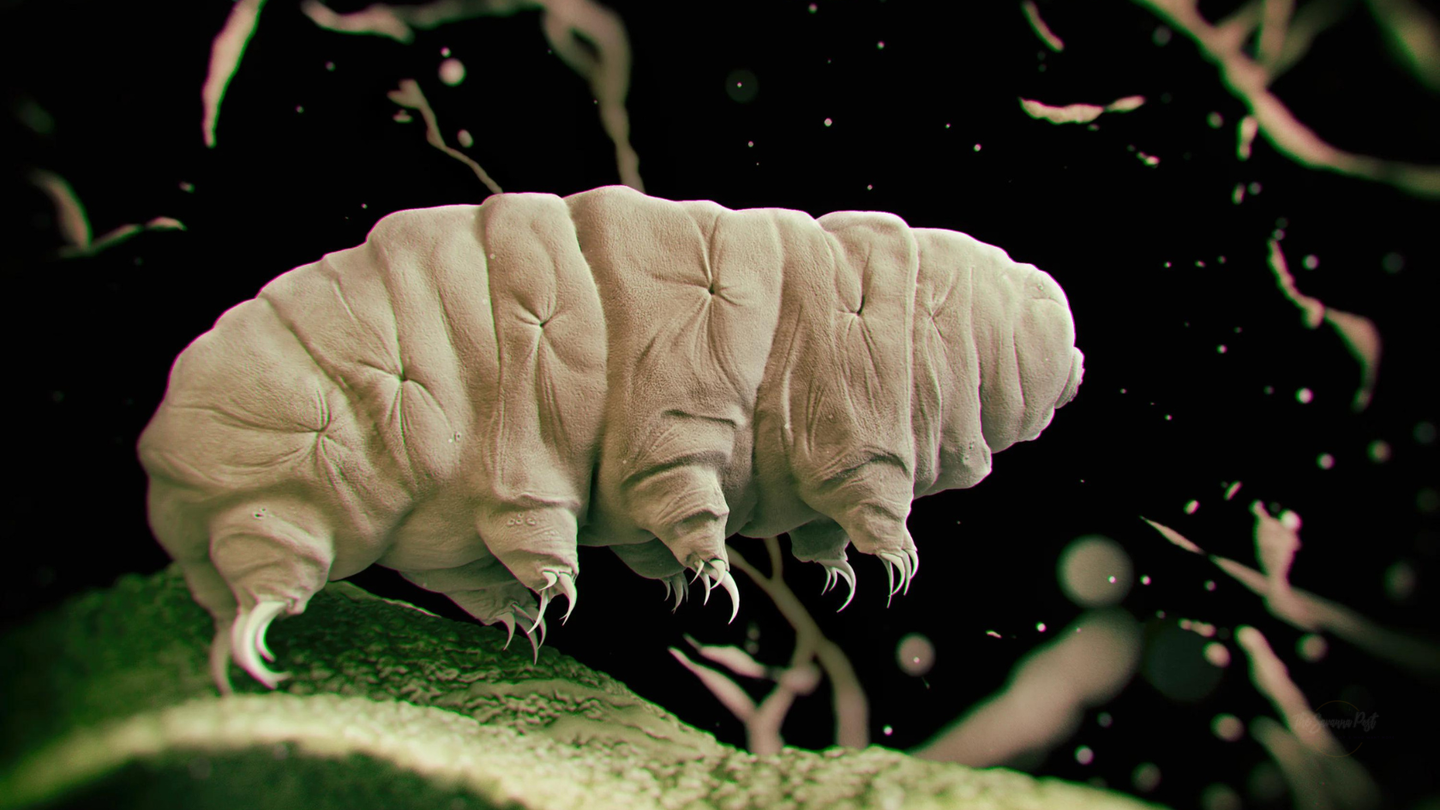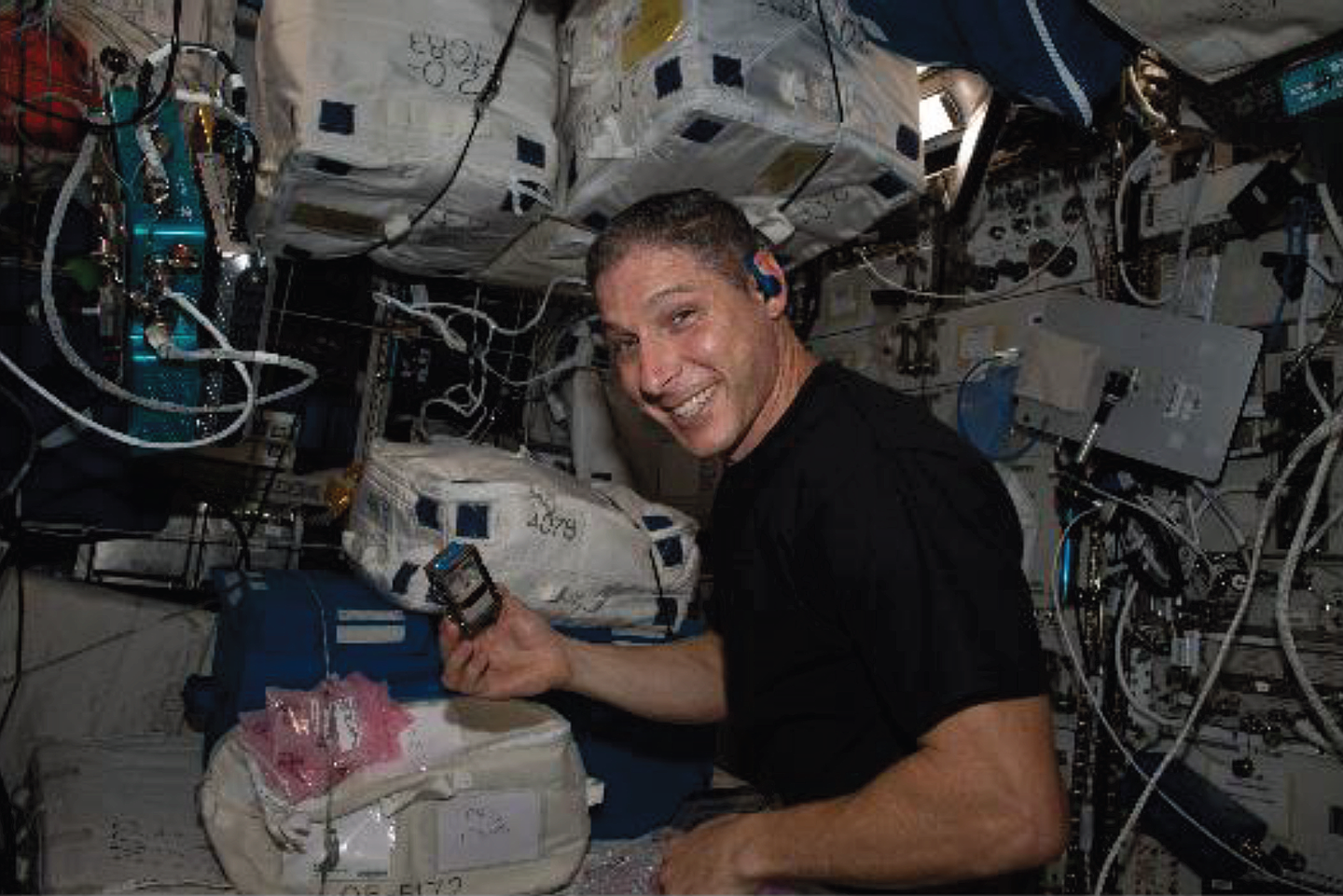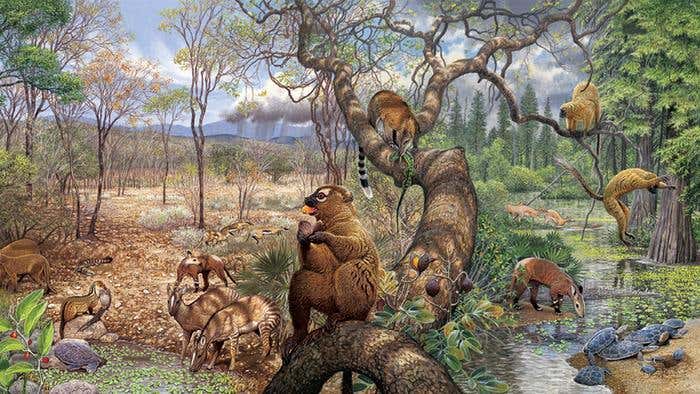Tardigrade proteins can slow human metabolism and aging, study finds
Researchers reveal that proteins from tardigrades, when expressed in human cells, can decelerate molecular processes.

Researchers reveal that proteins from tardigrades, when expressed in human cells, can decelerate molecular processes. (CREDIT: Creative Commons)
University of Wyoming researchers have delved deeper into the remarkable survival mechanisms of tardigrades, shedding light on how these microscopic creatures endure extreme conditions.
Their findings, published in the journal Protein Science, reveal that proteins from tardigrades, when expressed in human cells, can decelerate molecular processes. This discovery positions tardigrade proteins as potential assets in technologies aimed at retarding aging and in the long-term preservation of human cells.
The study, led by Senior Research Scientist Silvia Sanchez-Martinez from the lab of UW Department of Molecular Biology Assistant Professor Thomas Boothby, explores the mechanisms underlying tardigrades' ability to enter and exit suspended animation when confronted with environmental stressors.
UW Senior Research Scientist Silvia Sanchez-Martinez, left, and Department of Molecular Biology Assistant Professor Thomas Boothby. (CREDIT: Vindya Kumara)
Sanchez-Martinez, the lead author of the paper, collaborated with researchers from various institutions, including the University of Bristol in the United Kingdom, Washington University in St. Louis, and the University of Amsterdam in the Netherlands.
Tardigrades, commonly known as water bears, are diminutive creatures measuring less than half a millimeter in length.
Despite their minuscule size, they exhibit unparalleled resilience, capable of enduring extreme conditions such as desiccation, freezing temperatures nearing absolute zero, scorching heat exceeding 300 degrees Fahrenheit, intense radiation, and even the vacuum of outer space.
Related News
Their survival hinges on a state of suspended animation known as biostasis, facilitated by proteins that form gels within cells, effectively slowing down vital life processes.
Sanchez-Martinez explains the significance of their discovery, stating, "Amazingly, when we introduce these proteins into human cells, they gel and slow down metabolism, just like in tardigrades."
She adds, "Furthermore, just like tardigrades, when you put human cells that have these proteins into biostasis, they become more resistant to stresses, conferring some of the tardigrades’ abilities to the human cells."
CAHS D forms a gel that immobilizes and stabilizes biological material in vitro. (CREDIT: Protein Science)
The research underscores the reversibility of this process. Boothby elucidates, "When the stress is relieved, the tardigrade gels dissolve, and the human cells return to their normal metabolism." These findings open avenues for the development of technologies aimed at inducing biostasis in cells and organisms, potentially mitigating aging processes and bolstering the storage and stability of biological materials.
Importantly, previous studies by Boothby's team demonstrated that both natural and engineered variants of tardigrade proteins can stabilize crucial pharmaceuticals used to treat conditions such as hemophilia, negating the need for refrigeration. Tardigrades' ability to endure desiccation has long puzzled scientists, as it differs from the mechanisms observed in other organisms capable of entering suspended animation.
These findings not only deepen our understanding of these resilient organisms but also pave the way for innovative approaches to combat aging and enhance the preservation of biological materials.
For more science and technology stories check out our New Discoveries section at The Brighter Side of News.
Note: Materials provided above by The Brighter Side of News. Content may be edited for style and length.
Like these kind of feel good stories? Get the Brighter Side of News' newsletter.



